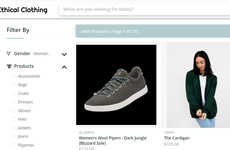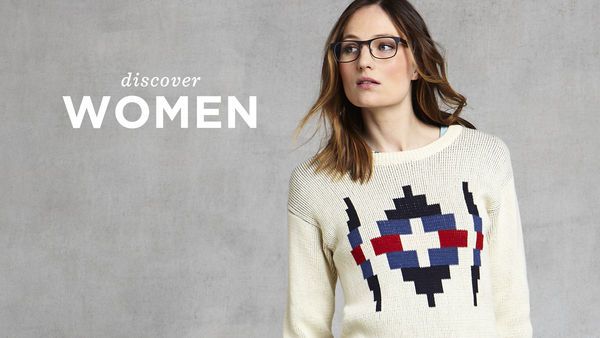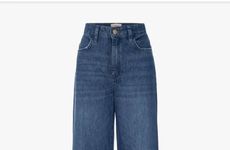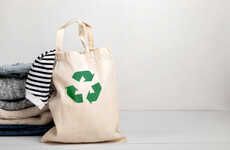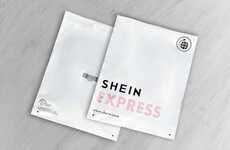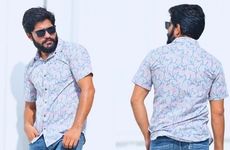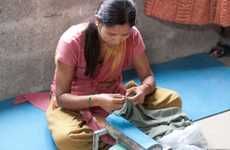
Zady Looks to Slow Fashion to Create a Design-Centred Ethos
Social Business Editor — April 26, 2014 — Social Good
Zady is a social enterprise that attempts to slow down the effects of fast-fashion. It's a place to shop where you know you are taking the social, environmental and economic factors into consideration.
In an inerview with Q Equinox hat took place in the middle of April, the founders, Maxine Bédat and Soraya Darabi, talked about how they kept their bodies together when it comes to managing a start-up. Anyone who has been part of a start-up, either as one of the key members or even as an employer, knows how time-consuming getting things off the ground can be.
Contact Information
Zady website
Zady on Facebook
stone + cloth on Twitter
Zady on Pinterest
Zady on Google Plus
Zady on Instagram
In an inerview with Q Equinox hat took place in the middle of April, the founders, Maxine Bédat and Soraya Darabi, talked about how they kept their bodies together when it comes to managing a start-up. Anyone who has been part of a start-up, either as one of the key members or even as an employer, knows how time-consuming getting things off the ground can be.
Contact Information
Zady website
Zady on Facebook
stone + cloth on Twitter
Zady on Pinterest
Zady on Google Plus
Zady on Instagram
Trend Themes
1. Slow Fashion - The trend of sustainable and ethical fashion to promote environmental and social awareness.
2. Social Enterprise - The trend of incorporating social and environmental missions into business models to create positive impact beyond profits.
3. Conscious Consumerism - The trend of consumers being more aware of the impact of their purchases, particularly in the fashion industry, and demanding transparency and sustainability from brands.
Industry Implications
1. Fashion - Disruptive innovation opportunities in sustainable and ethical fashion, incorporating eco-friendly materials, fair labor practices, and transparency in the supply chain.
2. Technology - Disruptive innovation opportunities in creating sustainable fashion through innovative technologies such as 3D printing, recycled materials, and biodegradable fabrics.
3. Retail - Disruptive innovation opportunities in promoting conscious consumerism through alternative retail models, such as rental services, resale platforms, and subscription boxes that offer sustainable and ethical fashion options.
6.3
Score
Popularity
Activity
Freshness




